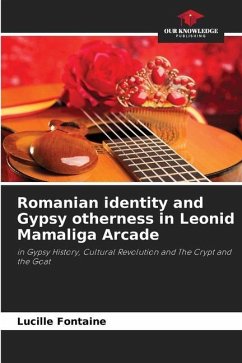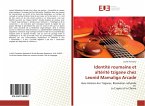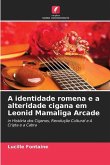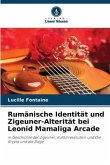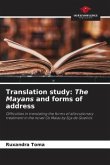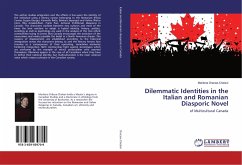Leonid Mamaliga Arcade writes in his article " The actuality of the tragi-comic novel ", about Don Quixote: "To mobilise all one's means of knowledge for the benefit of an ephemeral barricade, to err on the side of a crusade and above all on the side of a weapon, to turn one's heart into a spearhead (...), this is very familiar and very old, promised to a long time to come, it is a fatality that weighs on every destiny." Arcade proposes to revive the ancient "tragi-comic spirit" in order to rediscover the "intelligence of consciousness". The writers he calls upon trace the lineage of his own heritage and make it possible to grasp the role he has given himself in the current state of tragi-comic literature, which he intends to take over alongside Ionesco. The symbolic representation through which the tragicomic novelist invests reality is the major characteristic that Arcade claims for himself; it is at the threshold of the passage between the symbolic and the real that Arcade situates his characters, profoundly overtaken by a mysterious transcendence and attached to their "concreteness", to their "negative lucidity" by their "tragic awareness of the labyrinth of history".
Bitte wählen Sie Ihr Anliegen aus.
Rechnungen
Retourenschein anfordern
Bestellstatus
Storno

